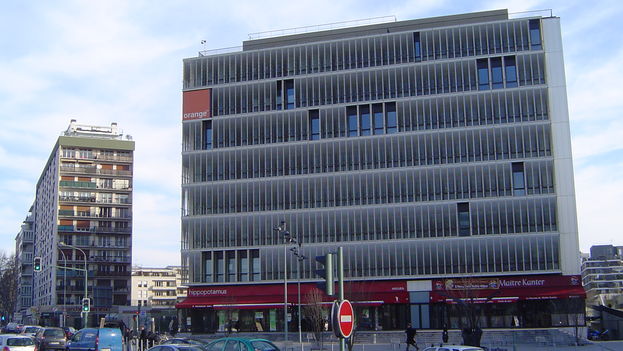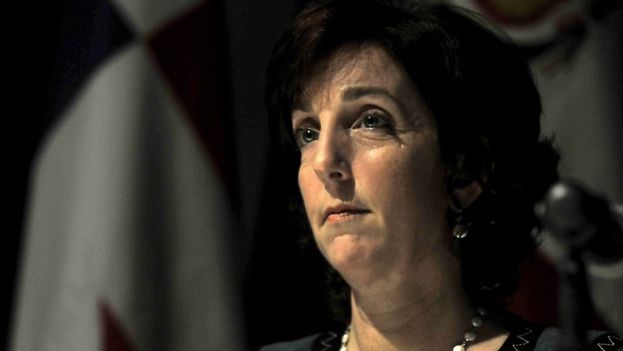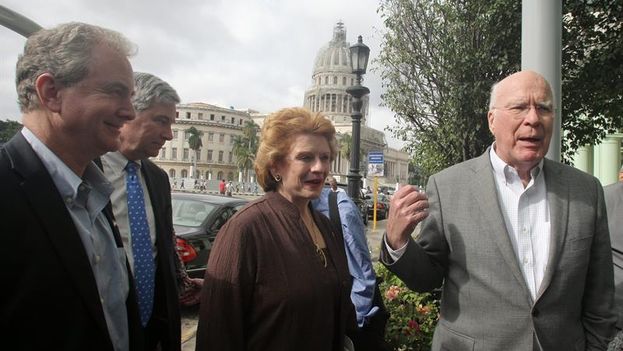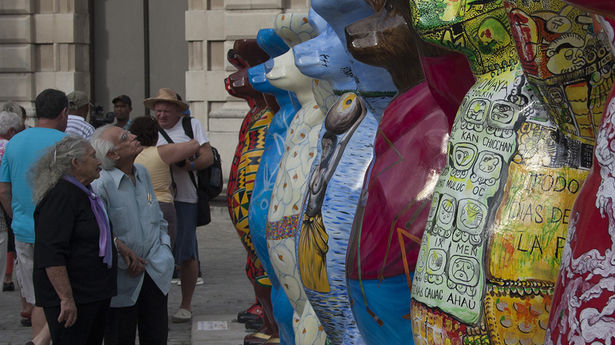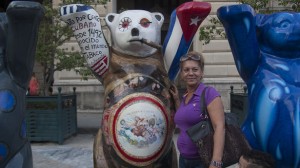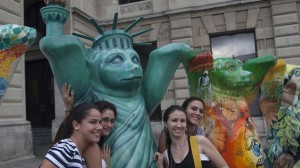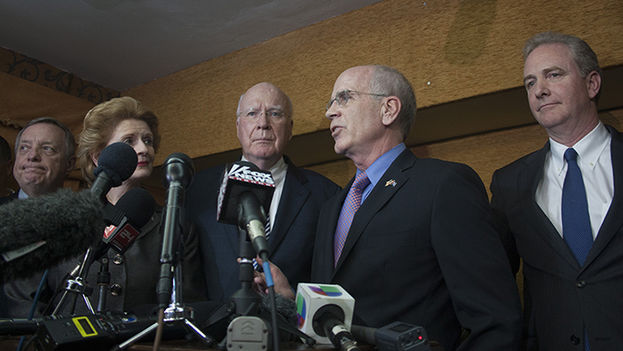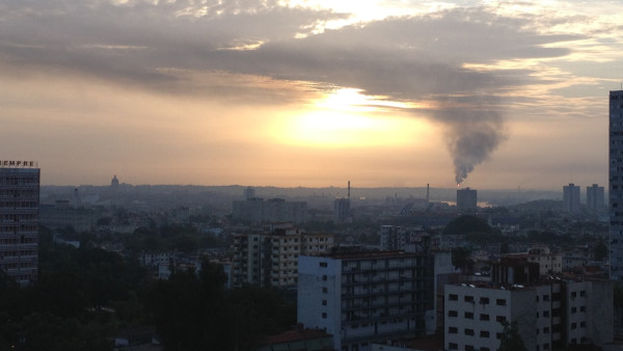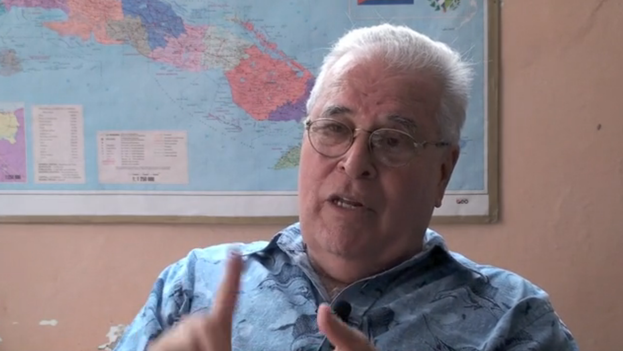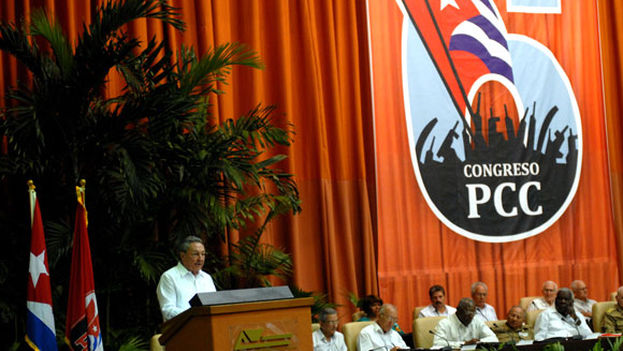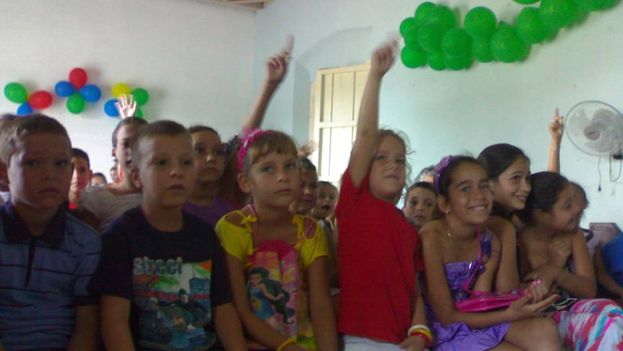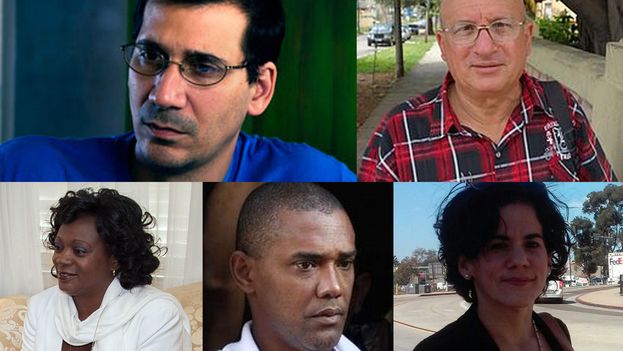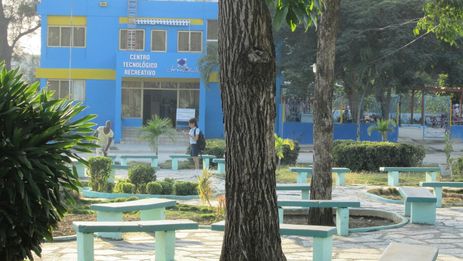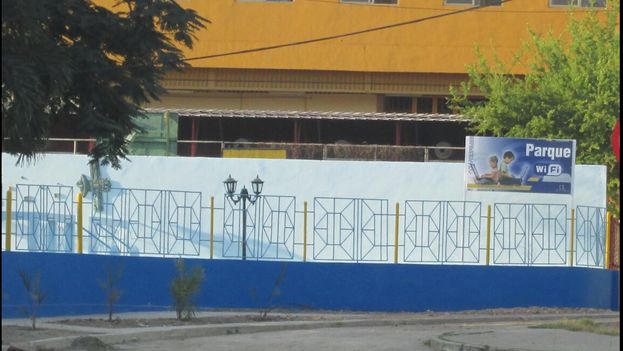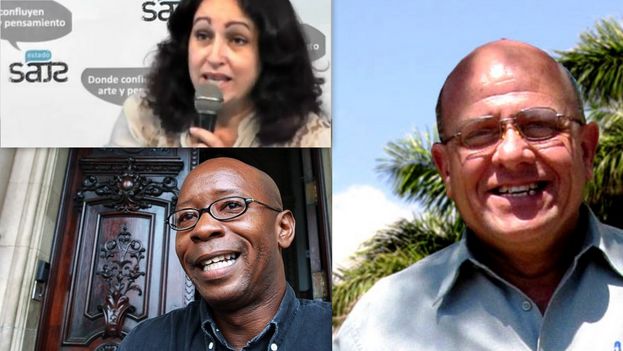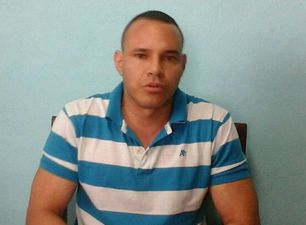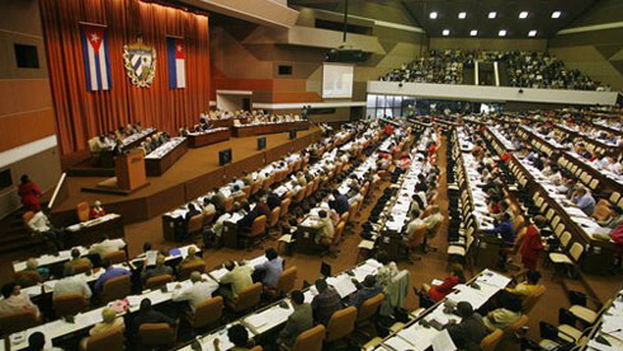
14ymedio, FERNANDO DAMASO, Havana, 22 January 2015 — Among so many crises that affect us, little is said about that related to institutions. In the Republican era, there existed institutions that, without being perfect, worked. If it had not been so, the country would not have developed in the way that it did. When the new regime was put in place in 1959, instead of being perfected, most of the existing institutions were liquidated or their spheres of influence were reduced for the purpose of initiating other new ones on bare ground. Even the family, considered a principal and primary institution, did not escape, being dismembered and atomized to respond to political and ideological interests.
An institution can be many things. There exist formal and informal institutions and, in both cases, they are always social constructions. They must be efficient, that is to say, capable of functioning well, having legitimacy, being able to adapt to changes in the environment and anticipate changes besides demonstrating stability. These components must act together if they want to get results. In the Cuban case, stability has turned into a kind of brake that impedes the necessary changes, giving rise to ossified institutions. The majority of institutions established in the last fifty years suffer this infirmity, mainly the economic, legal and political ones. continue reading
The companies nationalized or seized – financial, production, trade and others – that had functioned independently in accord with the policies of their owners, were subordinated to already existing institutions or ones created for that purpose that had never performed these functions of management and administration, instituting a rigid vertical system that totally eliminated their independence and chances of reacting to changing situations; everything was decided centrally, and they were reduced to mere implementers of orders. Economic institutions not only have been incapable of developing the country but have destroyed what was achieved during the preceding years thanks to the talent and effort of several generations of Cubans.
Legal power stopped being independent and, like the legislative, was subordinated to the executive, represented by a single authority. Judicial institutions respond only to the interests of the State, to the detriment of the citizens without there existing true rule of law.
In the provincial and municipal governments changes were introduced, stripping them of their names and functions, also creating a vertical system that left them financially destitute for having to deliver most of their income to the central authority which later would dole out resources for their needs. These changes reduced the chance of solving local problems, since they no longer had the resources that their own commercial and productive activities previously generated.
In the case of political institutions, the example of the National Assembly of Popular Power is depressing. Being the only constituent entity existing in Cuba, which also is the only legislative body and which retains the important authority to declare the unconstitutionality of laws, decrees, ordinances and other regulations, it has never exercised this authority in its 38 years of existence as the supreme agency of the State. Can anyone believe that everything legislated by the State has been just and correct?
Other negative aspects of its functioning are that almost all the votes in its legislative history have been unanimous and that the deputies have not exercised their right to present legislative proposals as individual members of the Assembly. As if that were not enough, the legal decrees of the State Council and the decrees by the Council of Ministers triple the laws by the National Assembly.
The main problem that affects all Cuban institutions – whether political, economic, legal, cultural, educational, military, medical, athletic or others – is their unconditional submission to a sole political-ideological approach, putting these interests ahead of those that relate to their reason for existing. The only exceptions perhaps are some religious institutions.
Until now the topic of institutions has been treated superficially, more with regards to their form than their content. Life demonstrates that some institutions must disappear, others must be changed, some new ones should be created and a few others can continue functioning. If this does not happen, the economic changes implemented so far and others that should come, as much economic as political and social, will lack the effectiveness, legitimacy, adaptability and stability necessary for producing beneficial results for all Cubans. It is not logical to hope that all this will be achieved with the existing historical leaders, but they could, at least, start.
Translated by MLK

